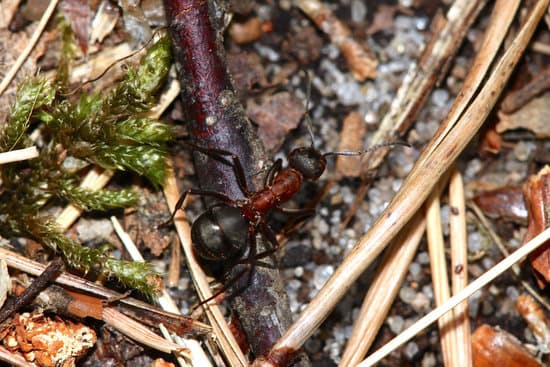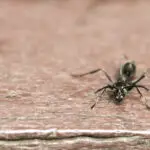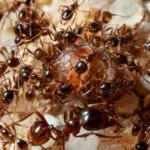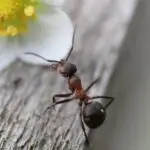What Chemical Do Ants Release When They Bite Us?
Unlike other insects, ants don’t actually bite humans, instead they sting us with a venomous sting. They do this to defend themselves from other creatures. The venom they release causes a stinging pain, but they’re not necessarily harmful. They don’t usually sting humans, and many species don’t even sting.
If you are bitten by an ant, you may have a mild reaction that can be treated with an over-the-counter anti-inflammatory pain reliever. However, a more serious reaction to an ant bite may require medical attention. A reaction to venom can cause swelling, pain, redness, and hives.
There are a number of different species that sting, and some are even toxic. This is because venom contains formic acid, a chemical that some ants use as a defense mechanism. It is also present in bites from other insects. Some species, like fire ants, spray venom from the end of their abdomens.
Ants also release pheromones when they’re injured. These pheromones are chemical signals that send messages to other ants. These signals warn other ants of danger. If you are allergic to ants, you may experience a reaction to their venom.
The pheromones that ants use are primarily fatty acids, but some species are able to spray a substance. Other species are able to draw blood. Some ants also release alarm pheromones. These pheromones are similar to medieval war horns, and they act as a signal to other ants to fight back.
If you are allergic to ant venom, you may experience itching, swelling, redness, and difficulty breathing. If your symptoms get worse, you may develop an anaphylactic reaction. Your healthcare provider will examine the area around your ant bite, and will ask questions about your exposure to ants.








